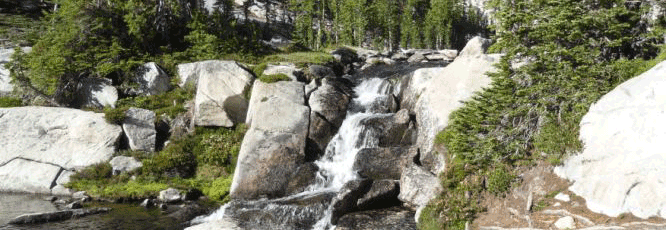Location
University of Washington Tacoma, William Philip Hall
Event Website
http://www.tacoma.uw.edu/node/38794
Start Date
10-7-2014 2:30 PM
End Date
10-7-2014 4:00 PM
Description
ABSTRACT
This article presents the findings from an empirical study of ecological worldviews of global sustainability leaders. Although a significant body of research has emerged in recent years focused on corporate sustainability at the organizational level, the literature has paid less attention to corporate sustainability at the individual level. As a result, little is known about the deeper psychological motivations of sustainability leaders and how these motivations may influence their behavior and effectiveness as change agents.
The study was based on theoretical insights from several social science disciplines including deep ecology, eco-psychology, environmental sociology, and integral ecology. Drawing on interviews with sixty-five leaders in more than fifty multinational corporations, NGO’s, and consultancies, the study puts forth new propositions about the ways that ecological worldviews are developed and expressed by sustainability leaders. Specific findings include five types of common experiences that shape ecological worldviews of sustainability leaders and three distinct ways they express eco-centric worldviews.
By contextualizing the research at the intersection of the ecological worldview and sustainability leadership literatures, this study is of interest to a range of sustainability scholars, social science researchers, sustainability executives, and social entrepreneurs. Insights can be integrated into leadership development programs in a wide range of public and private institutions to advance the field of sustainability leadership and respond to global challenges.
Key Words: Sustainability leadership, sustainable development, ecological worldview, deep ecology, eco-psychology, integral ecology, new ecological paradigm, ecological self
PPT
Included in
Business Law, Public Responsibility, and Ethics Commons, Leadership Studies Commons, Organizational Behavior and Theory Commons, Organization Development Commons, Social Psychology Commons, Theory and Philosophy Commons
Ecological Worldviews: A Missing Perspective to Advance Sustainability Leadership
University of Washington Tacoma, William Philip Hall
ABSTRACT
This article presents the findings from an empirical study of ecological worldviews of global sustainability leaders. Although a significant body of research has emerged in recent years focused on corporate sustainability at the organizational level, the literature has paid less attention to corporate sustainability at the individual level. As a result, little is known about the deeper psychological motivations of sustainability leaders and how these motivations may influence their behavior and effectiveness as change agents.
The study was based on theoretical insights from several social science disciplines including deep ecology, eco-psychology, environmental sociology, and integral ecology. Drawing on interviews with sixty-five leaders in more than fifty multinational corporations, NGO’s, and consultancies, the study puts forth new propositions about the ways that ecological worldviews are developed and expressed by sustainability leaders. Specific findings include five types of common experiences that shape ecological worldviews of sustainability leaders and three distinct ways they express eco-centric worldviews.
By contextualizing the research at the intersection of the ecological worldview and sustainability leadership literatures, this study is of interest to a range of sustainability scholars, social science researchers, sustainability executives, and social entrepreneurs. Insights can be integrated into leadership development programs in a wide range of public and private institutions to advance the field of sustainability leadership and respond to global challenges.
Key Words: Sustainability leadership, sustainable development, ecological worldview, deep ecology, eco-psychology, integral ecology, new ecological paradigm, ecological self
https://digitalcommons.tacoma.uw.edu/clsr_academic/2014/pres/5
